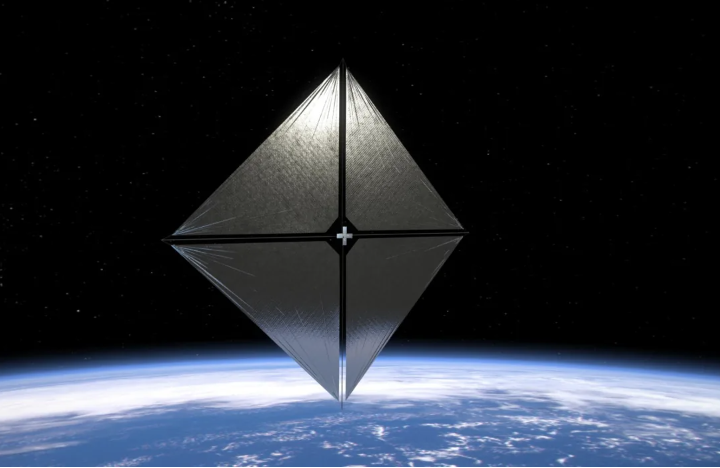Just like a heartbeat, this FRB has regular fluctuations and its duration is much longer than previous examples.
High-energy vibrations coming from deep space and lasting only a few milliseconds are called ‘fast radio bursts’. Called FRB (Fast Radio Burst) for short, these vibrations travel millions of kilometers between galaxies and reach us.
A thousand times longer than a standard FRB
There are many such signals that have been detected so far. These pulsations, which usually come from very long distances, are very difficult to interpret due to their short duration. However, astronomers recently encountered a very different pulsation than the standard FRBs.
The duration of this fast radio burst, which has surprisingly regular fluctuations, is also very unusual. With a duration of 3 seconds, this fast radio burst is a thousand times longer than the average. At the same time, the regular fluctuations every 0.2 seconds make the FRB even more intriguing.
- Memorable roles of the legendary actor James Caan
- New book tells the story of Meghan Markle’s royal break-up
- Ntv.de: Interview with historian Berg U.S. is in “civil war-like situation”
The burst, named FRB 20191221A, was discovered by a collaboration of astronomers from McGill University, MIT and other institutions using the CHIME telescope. Daniele Michilli, who led the research, says the following about the heartbeat-like FRB:
“This three-second FRB was not only long, but also had remarkably precise periodic peaks that spread out over short intervals like a “boom, boom, boom” heartbeat. This is the first time we have seen a signal fluctuate periodically.
The repetitive nature of the signal could help astronomers theorize about what could have caused the explosions. The exact cause of these pulsations is still unknown. But many astronomers think they are caused by a type of neutron star with a strong magnetic field called a magnetar.
There are magnetars in our own galaxy that produce radio bursts. But this signal detected is much stronger than other examples. Magnetars in our galaxy don’t produce such strong fluctuations. But for some reason, one of the magnetars may have become stronger for a short period of time. The researchers hope to observe FRBs from this source again in the future to collect more data.
We are also curious about the source of the FRB. What do you think about the heartbeat-like vibration coming from space? Share your thoughts with us in the comments section.





